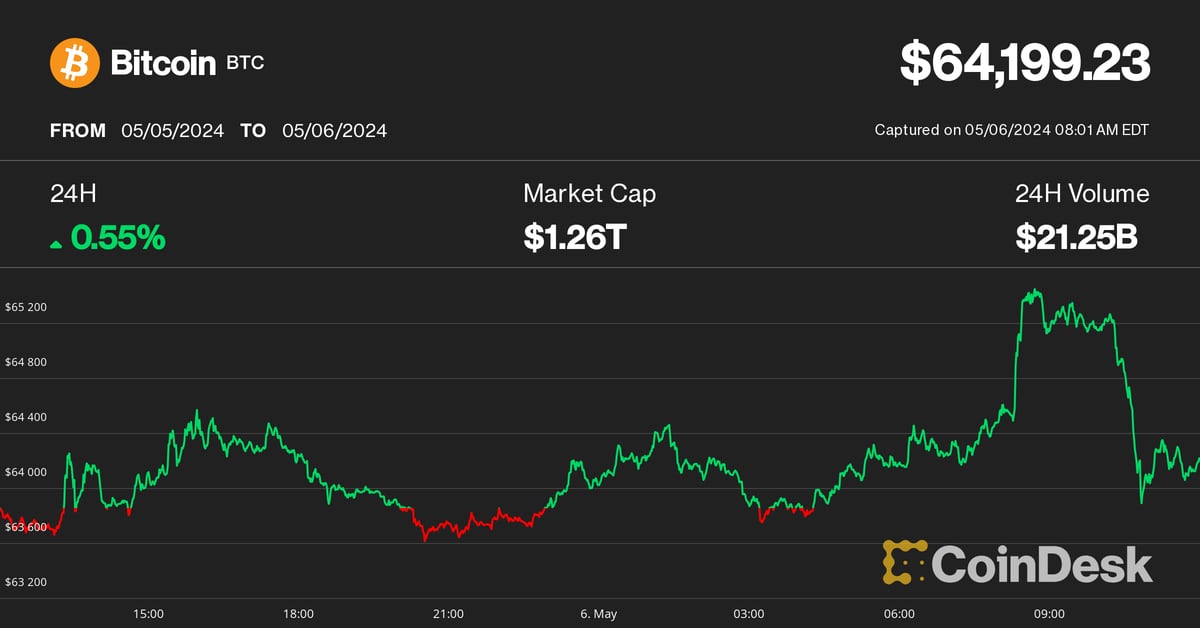Deeper into the numbers: Housing declines as interest rates rise.
After proving unexpectedly resilient this year despite rising costs of living, the British economy has weakened significantly. The services sector contracted in the last quarter as the highest interest rates since 2008 affected the housing industry.
The manufacturing industry also declined, while reforms helped offset the decline in new work in the construction sector.
According to the statistics agency’s breakdown of GDP by month, the economy grew by 0.2 percent in September, slightly more than in August, after a 0.6 percent decline in July.
International comparisons: Europe stagnant and the United States strong.
The weakness of Britain’s economy reflects the recession in continental Europe, where euro zone economies contracted by 0.1 percent in the third quarter. Germany, the bloc’s largest economy, has barely managed to avoid a recession as companies are hit by rising energy prices and weak demand for industrial goods. Across the region, high interest rates aimed at lowering inflation are weakening economic activity, with demand for loans falling and consumer spending slowing.
This contrasts with the situation in the United States, where the economy is growing strongly and defying expectations of a slowdown caused by rising interest rates. Instead, slowing inflation and a flexible labor market have boosted consumer confidence in spending.
Forecast: No growth – but no recession.
The British economy is not expected to plunge into recession, according to the Bank of England, but it will only slightly avoid that distinction. The central bank expects GDP to rise by just 0.1 percent in the last three months of the year and then remain flat throughout 2024 and the beginning of 2025.
These weak expectations are due to rising interest rates, which are expected to have a heavy impact on the economy. So far, less than half of the full impact of higher interest rates has been felt, according to central bank estimates, and policymakers expect the restrictive effects to shift from the housing market to business investment and consumer spending.
Quote: “Move too slowly.”
Economists at the National Institute of Economic and Social Research, an independent research institute, said this week that they expect “slow” economic growth this year and next, but slightly stronger activity than the Bank of England expected.
“The bottom line here is that the UK is almost static, moving very slowly, and the exact numbers are almost beside the point,” said Stephen Millard, the institute’s deputy director. The institute projects that about five million people in low-income groups will not see their living standards return to pre-pandemic levels until 2026.
What’s next: The government is making efforts to support the economy.
Jeremy Hunt, the Chancellor of the Exchequer, will announce updates to the country’s budget later this month, which he said will focus on “how we get the economy growing healthily again” through private investment and encouraging more people to return to work.
But Hunt is not expected to make any substantive changes to taxes or spending due to constraints imposed by one of his other priorities: reducing the national debt as a share of gross domestic product.
Even if the country’s public finances appear to be in better shape than expected, most analysts expect Hunt to wait until the next election, which must be held by January 2025, to provide fiscal stimulus. But economists at the National Institute of Economic and Social Research have urged the government to significantly and urgently increase public investment, especially in infrastructure and housing.

“Typical beer advocate. Future teen idol. Unapologetic tv practitioner. Music trailblazer.”






More Stories
Bitcoin (BTC) price approaches $65,000 amid strong cryptocurrency recovery
Shiba Inu vs Avalanche: Does AVAX threaten SHIB’s base?
James Cameron and Ari Emanuel lend support to the Skydance-Paramount show